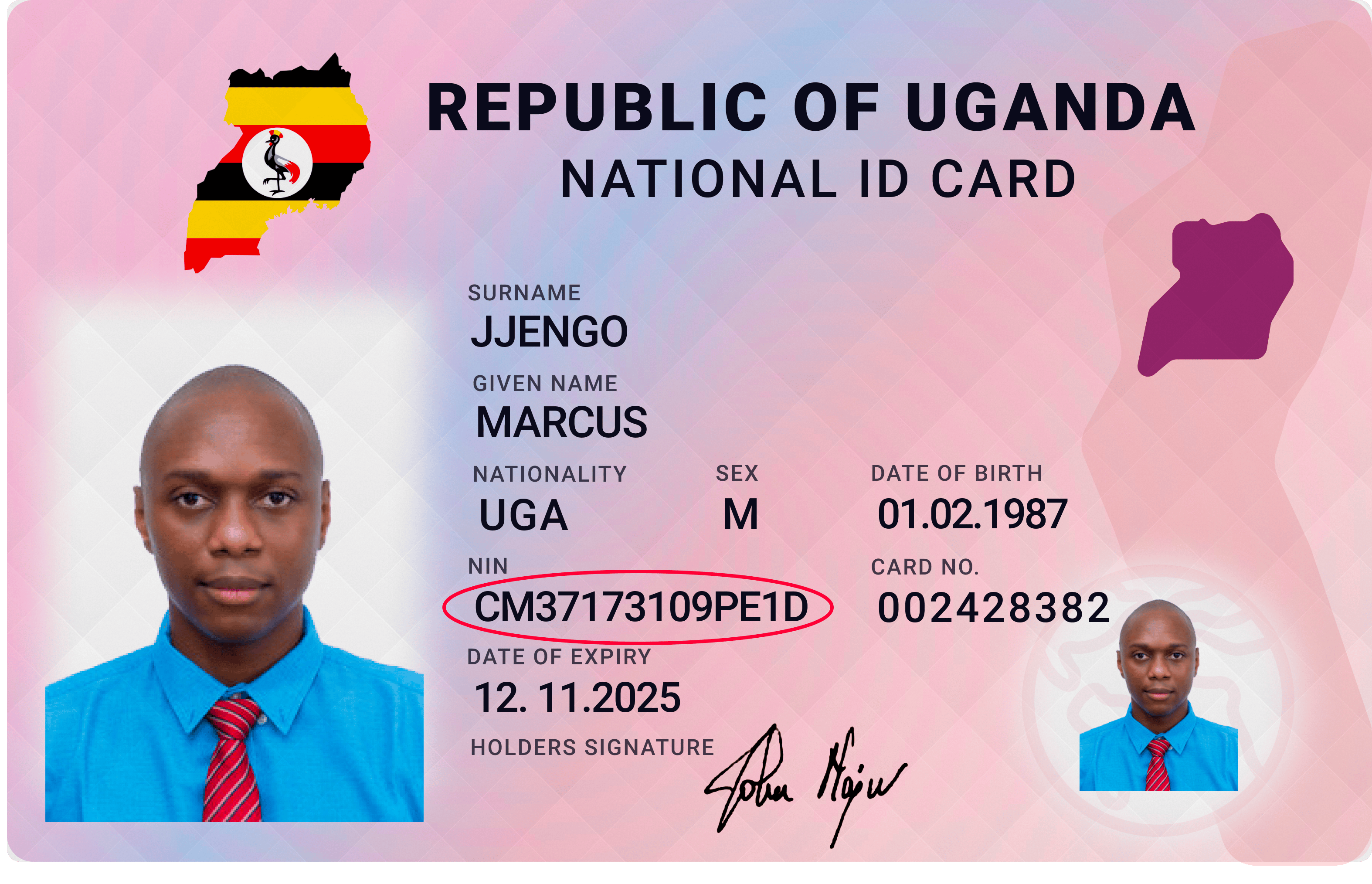
The National Identification and Registration Authority (NIRA) has issued a stern warning and a reminder to all National ID cardholders regarding the ownership and use of these vital government-issued documents.
Underlining the importance of adhering to the law, NIRA has urged citizens to refrain from using their National Identification Cards as security when obtaining loans. NIRA’s emphasis on this matter is grounded in Section 69 of the Registration of Persons Act, 2015, which unequivocally states that an issued National Identification Card remains the property of the government of Uganda.
As such, these cards should not be pledged or used as collateral for any financial transactions, particularly loans.
This notice serves as a firm response to the alarming and illegal practice that has been observed among money lenders who retain National Identification Cards as security for loans extended to individuals. Such actions not only contravene the law but also violate the rights of cardholders, jeopardizing their personal information and identity.
To address this issue effectively, NIRA has called upon money lenders engaging in this practice to cease immediately and adhere to the established legal framework.
The public is encouraged to report any individual or institution retaining National Identification Cards as security or collateral to the nearest NIRA office. This collaborative effort will help curb unlawful practices and safeguard the rights and identities of citizens.
National Identification Cards are indispensable government-issued documents that play a pivotal role in verifying an individual’s identity and citizenship.
NIRA reiterates that these cards are the property of the government and should not be subjected to any financial transactions, ensuring their integrity and continued use for their intended purposes.
This warning serves as a vital reminder for all Ugandan citizens to exercise caution and uphold the law when it comes to the use of their National Identification Cards, reinforcing the importance of safeguarding their personal information and identity in a digital age.

















